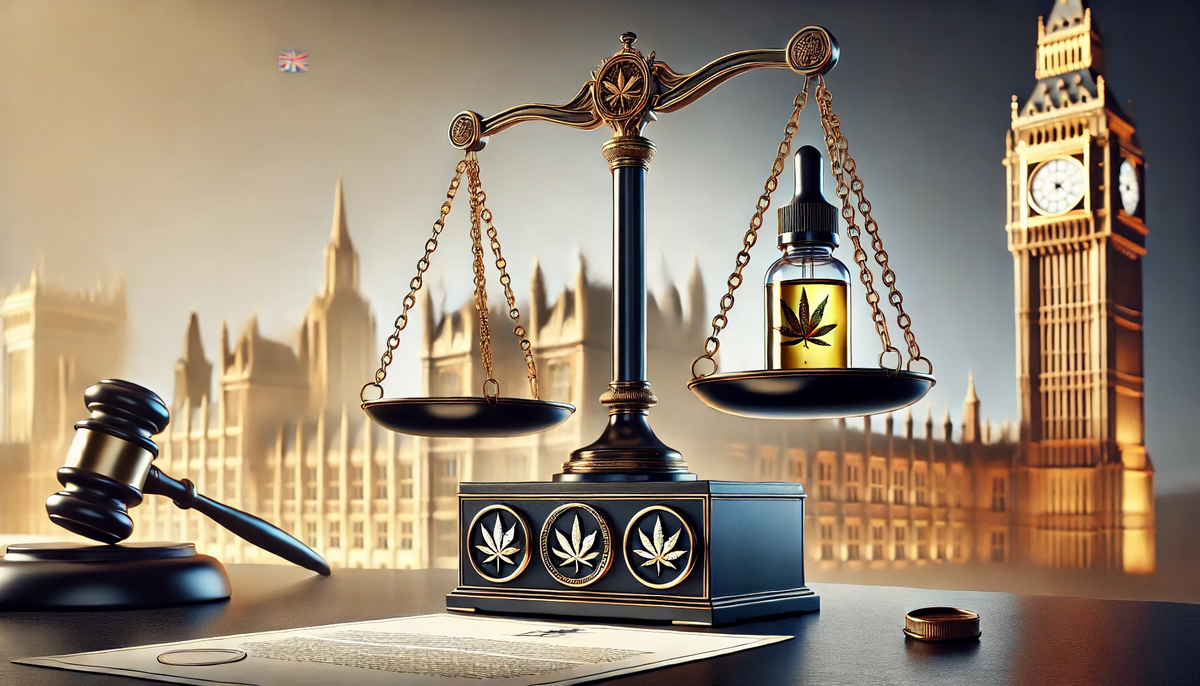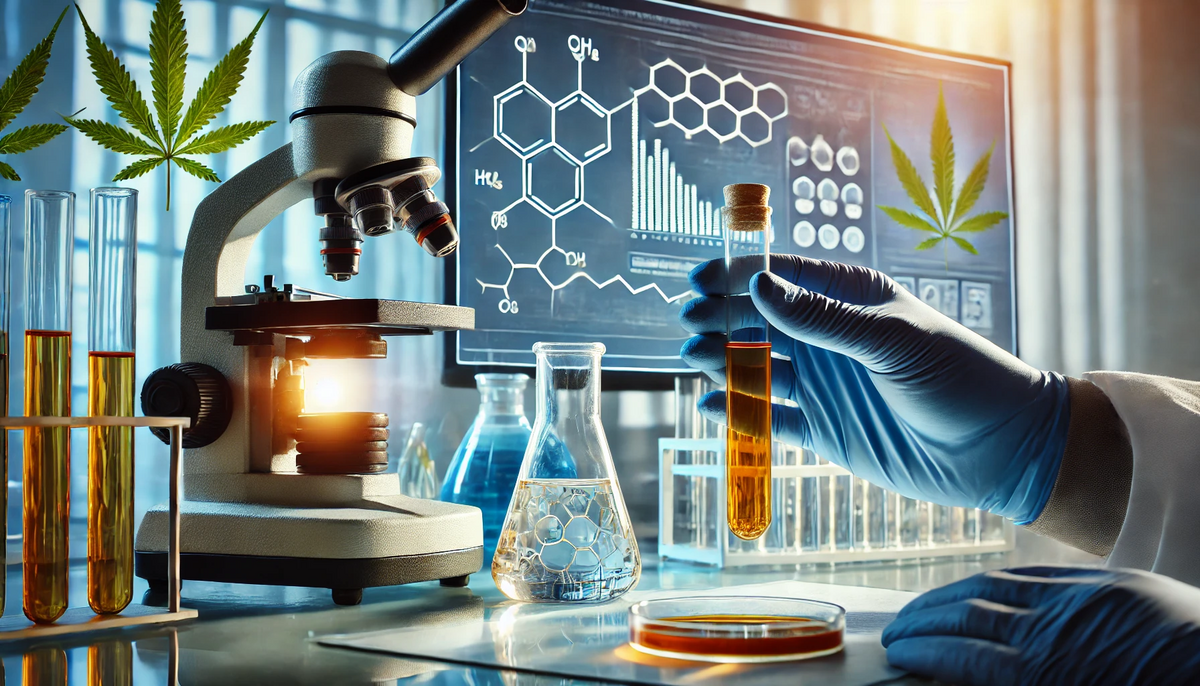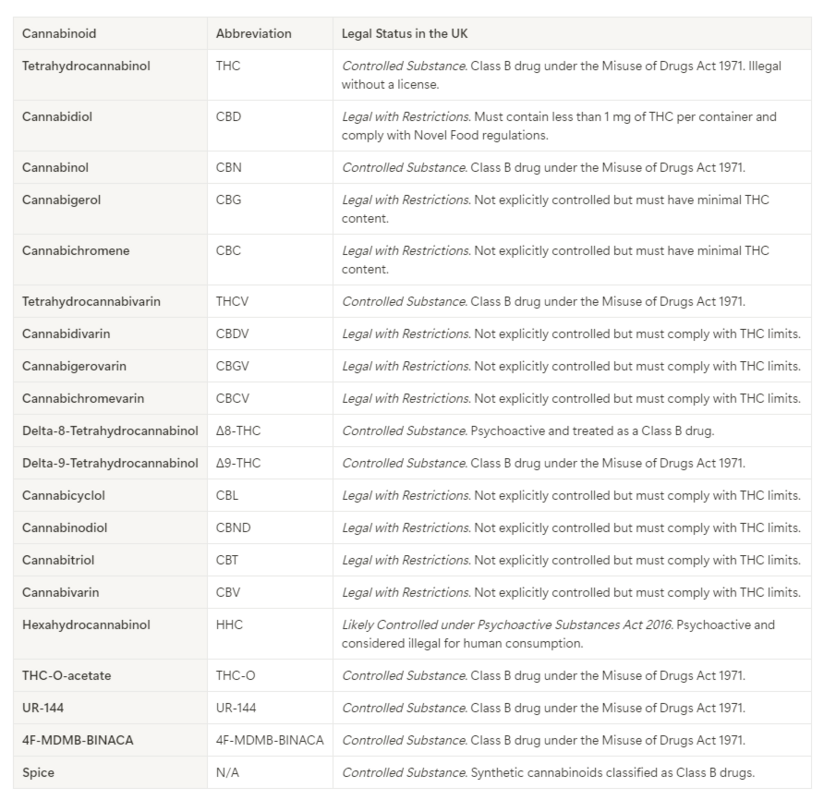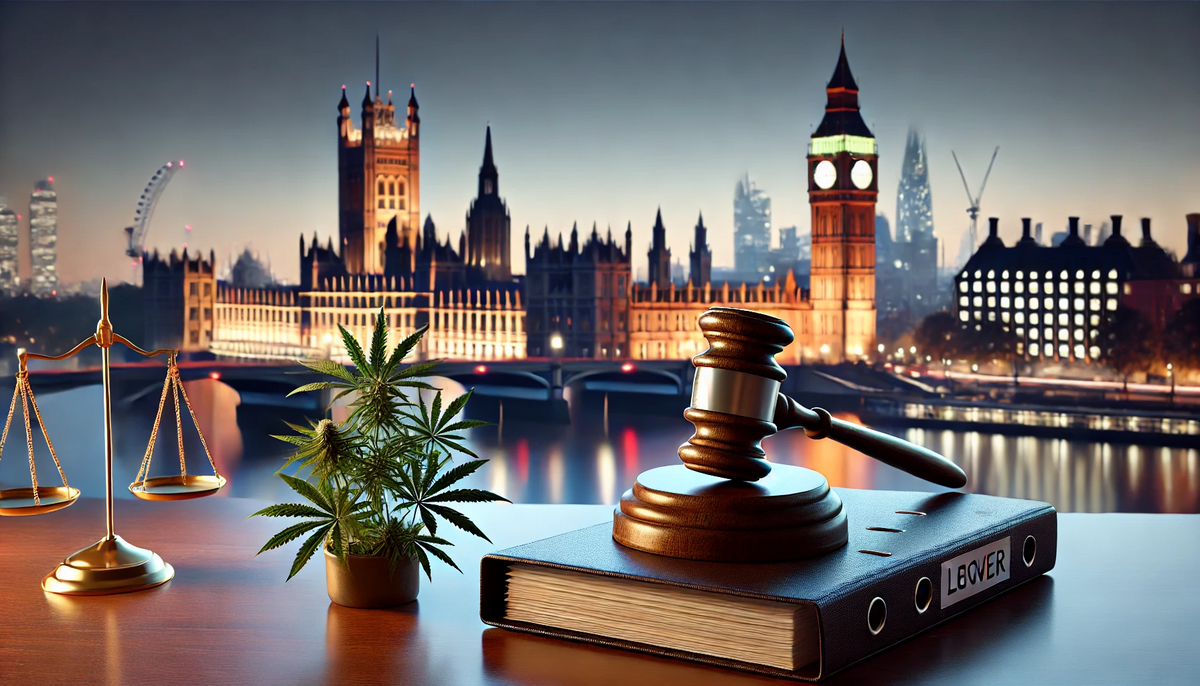
The cannabis plant contains a range of compounds known as cannabinoids, each with unique effects and applications. Some cannabinoids are naturally occurring, while others are synthetic, designed to replicate or enhance certain properties. Understanding the legal status of these compounds in the United Kingdom is crucial for industry professionals, consumers, and advocates.
Naturally Occurring Cannabinoids
Tetrahydrocannabinol (THC)
THC is the primary psychoactive compound in cannabis. It is classified as a Class B drug under the Misuse of Drugs Act 1971, making its production, distribution, and possession illegal without a license. THC levels in CBD products must be negligible to comply with UK regulations.
Cannabidiol (CBD)
CBD is non-psychoactive and widely used in wellness products. It is legal in the UK as long as it contains less than 1 mg of THC per container and complies with Novel Food regulations. CBD products must also be derived from EU-approved industrial hemp strains.
Other Naturally Occurring Cannabinoids
Cannabigerol (CBG) and Cannabichromene (CBC): These are non-psychoactive and not explicitly controlled, but products must adhere to THC content limits.
Tetrahydrocannabivarin (THCV): Similar to THC, it is a Class B drug.
Cannabidivarin (CBDV) and Cannabigerovarin (CBGV): Legal but subject to THC restrictions.

Synthetic Cannabinoids
Synthetic cannabinoids are man-made compounds created to mimic the effects of natural cannabinoids, particularly THC. These substances often present significant risks due to their high potency and unpredictable effects.
THC-O-acetate (THC-O)
A potent synthetic cannabinoid, THC-O is classified as a Class B drug. Its production and possession without a license are illegal.
Hexahydrocannabinol (HHC)
Although HHC is not explicitly listed under the Misuse of Drugs Act, its psychoactive properties likely make it illegal under the Psychoactive Substances Act 2016. This legislation prohibits any substance that can produce a psychoactive effect unless specifically exempted, such as alcohol or nicotine.
Other Synthetic Cannabinoids
Compounds like UR-144 and 4F-MDMB-BINACA are controlled as Class B drugs. “Spice,” a street name for a range of synthetic cannabinoids, is also illegal and associated with severe health risks.

Legal Framework in the UK
The UK’s cannabis laws are governed primarily by two key pieces of legislation:
Misuse of Drugs Act 1971
This law categorises controlled substances into three classes: A, B, and C. THC and most synthetic cannabinoids fall under Class B, making their unlicensed production, distribution, or possession illegal.
Psychoactive Substances Act 2016
This act aims to control substances that have psychoactive effects and are intended for human consumption. While it does not apply to substances like caffeine or alcohol, it covers many synthetic cannabinoids and emerging variants.

Compliance and Challenges
The UK government has adopted broad definitions to control entire classes of synthetic cannabinoids, aiming to stay ahead of the rapidly evolving market. However, this creates challenges for businesses seeking to innovate or introduce new products. Even cannabinoids not explicitly listed as controlled substances must meet stringent requirements, particularly regarding THC levels.
CBD products, for example, must comply with Novel Food regulations, which involve a lengthy approval process. This has led to significant delays in market entry for many businesses, stifling industry growth.

Understanding the legal status of cannabinoids in the UK is essential for navigating this complex regulatory landscape. For businesses, compliance with laws governing THC content, Novel Foods, and psychoactive substances is non-negotiable. Consumers should also stay informed about what they are purchasing to ensure they are using safe, legal products.
As research into cannabinoids continues, there is hope that the UK will adopt a more streamlined and science-based regulatory approach, supporting both innovation and public health. Until then, industry players must remain vigilant, ensuring all products meet current legal requirements.
For the latest guidance on cannabinoid regulations, always refer to official UK government publications or seek professional legal advice.
Published 9th March 2025





